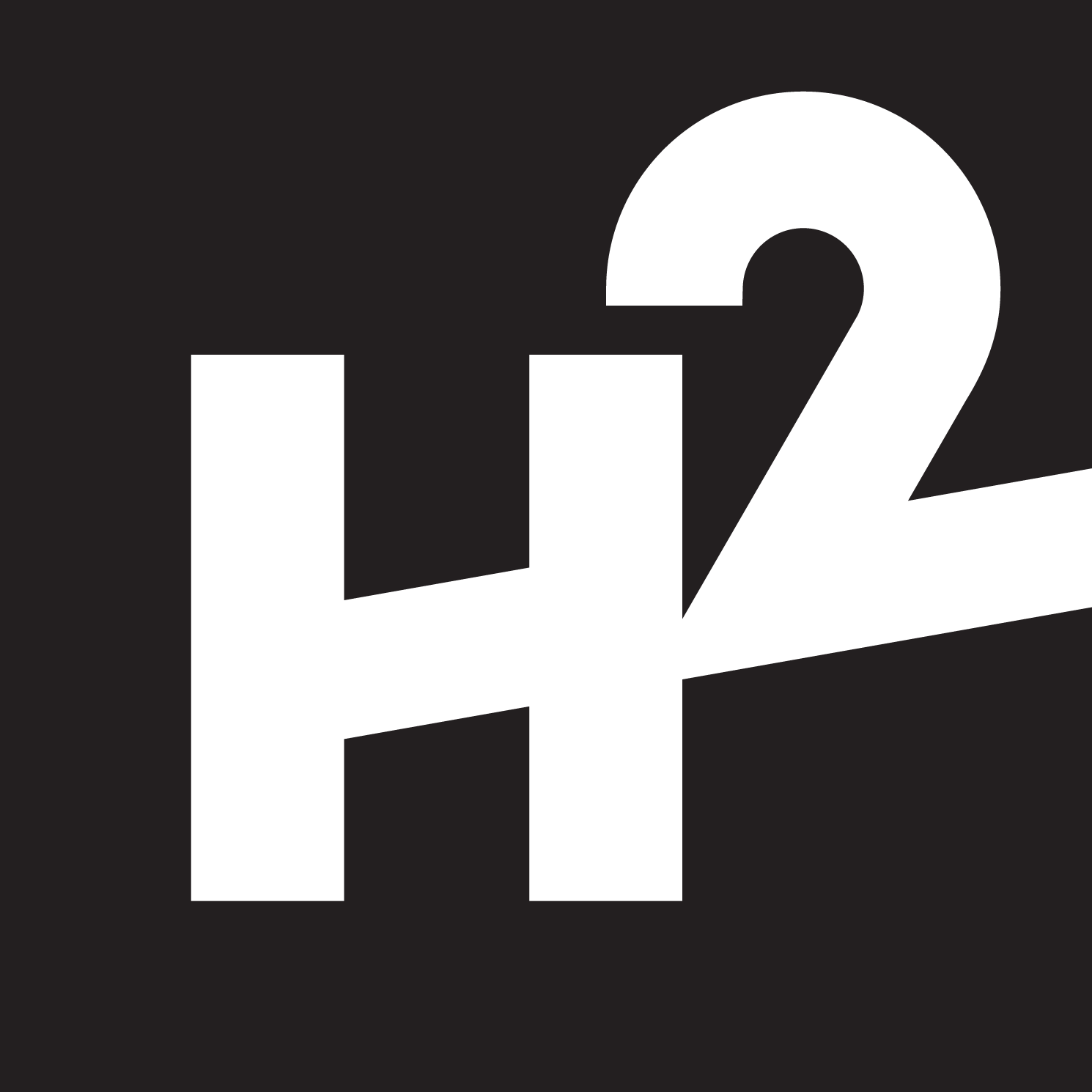
The Facebook
It’s been another month for the history books. Before we all roll into a long weekend, we wanted to end the month with a recap of the Facebook Boycott – one of the more significant things to happen in the marketing world of late. In fact, we are dedicating this entire newsletter to discuss this issue. To help you understand the ramifications of the boycott, we’ve asked our agency experts to weigh in the event that has resulted in Nike, Starbucks, Ben & Jerry’s, Honda, Coca-Cola, Lego, Unilever, and Microsoft suspending their Facebook advertising dollars.
How did Facebook get here?
It’s Complicated. For years, Facebook has operated outside of regulation and governance. Myanmar, Cambridge Analytica, Brexit, and Trump 2016; all massive abuses of privacy and human rights, the sort of controversies that would have brought most corporations to their knees.
However, to find the genesis of the July boycott you need to go back to 2015. In an effort to create dissension amongst Americans, Russian operatives launched a campaign of support and hate towards Back Lives Matter (BLM). Utilizing psychological profiling and predictive lifestyle data, the Facebook platform was used to deploy offensive content and disinformation designed to sow discord and stir racial conflict. In 2016, this campaign targeted black, white, pro, and anti-BLM audiences with this divisive content. A very in-depth review of this activity can be found here. Fast forward to 2020, when campaign efforts evolved with overtly racist messaging, focusing on key talking points such as BLM mobs, Antifa, black racism to whites, and the Confederacy.
Will the July boycott work?
Increased awareness of propaganda tactics and the mainstream acceptance of BLM has made this sort of messaging totally unacceptable. Yet, Facebook has been slow to respond, claiming moderation of hate speech and disinformation do not fall within the platform’s realm of responsibilities. From our perspective, Facebook has actually done little to move the needle on this issue in the last month, confident that advertising dollars will return later in the summer due to a lack of competitive marketing options, paired with a voracious news cycle.
Facebook isn’t entirely wrong in their assumptions. While big brands carry enormous weight when they take important actions like these against media suppliers, this seems to be a unique situation because the platform has been so effective in mitigating the power of other large advertisers. Its pricing model and ease of use have made Facebook one of the most accessible media suppliers, available to even the smallest advertiser – something that has significantly leveled the playing field in advertising.
In fact, revenue from Facebook’s top 100 advertisers only equates to 6% of its overall ad revenue which leaves 94% of its advertising revenues potentially intact even if its top 100 advertisers all chose to boycott the platform. Facebook boasts a staggering client list of approximately 8 million paying advertisers that spent almost $70 billion in 2019.
What does this mean for Facebook in the future?
According to a recent Washington Post article, organizers behind the #StopHateForProfit movement – the campaign that kicked off the July Boycott – described their July meeting with Facebook executives on their list of demands towards reform as “disappointing”.
Many groups including the NAACP, Color for Change, and the Anti-Defamation League are continuing their efforts in their appeal for Facebook to be held accountable for past and present misinformation abuses. From our perspective, this issue will likely continue to shift and evolve over the coming months. While there are no current solutions to the quandary of Facebook advertising or big data for that matter, the continued campaign against these online giants from government, lawmakers, and independent organizations makes us optimistic that there will be positive changes on the horizon. On this note, an anti-trust hearing is now underway with the CEOs of Apple, Amazon, Google, and Facebook on the absolute nature of these tech companies, along with the side effects of big data in the form of censorship, breaches of consumer privacy and the continued dissemination of misinformation.
In summary, the benefits of Facebook advertising as the great equalizer of digital marketing is undeniable. Facebook’s advertising business has been a profitable advertising pathway for small and medium enterprises around the world. There is no debate that the success of the platform is their deep data targeting abilities and the ease in which small businesses can create and place advertising. In what other markets can an independent ad buyer compete with the likes of big brands?
Furthermore, Facebook remains the most popular social media platform in Canada with 83% of online Canadian adults reporting to have a Facebook account, and daily use at 77%, according to The State of Social Media in Canada 2020. At the same time, we also acknowledge the need for diverse digital marketing plans that encompass many different forms of tactics and technology.
If there’s anything we can impart to clients right now it’s this: continue to stay informed on changes to digital marketing because this is an ever-evolving topic, and don’t be afraid to ask questions about this constantly shifting environment (that’s where we come in). We would also say that while Facebook advertising isn’t going anywhere, it’s good to consider other methods of online advertising. Stay tuned for future newsletters where we discuss other creative options for digitally disseminating your brand and message.

